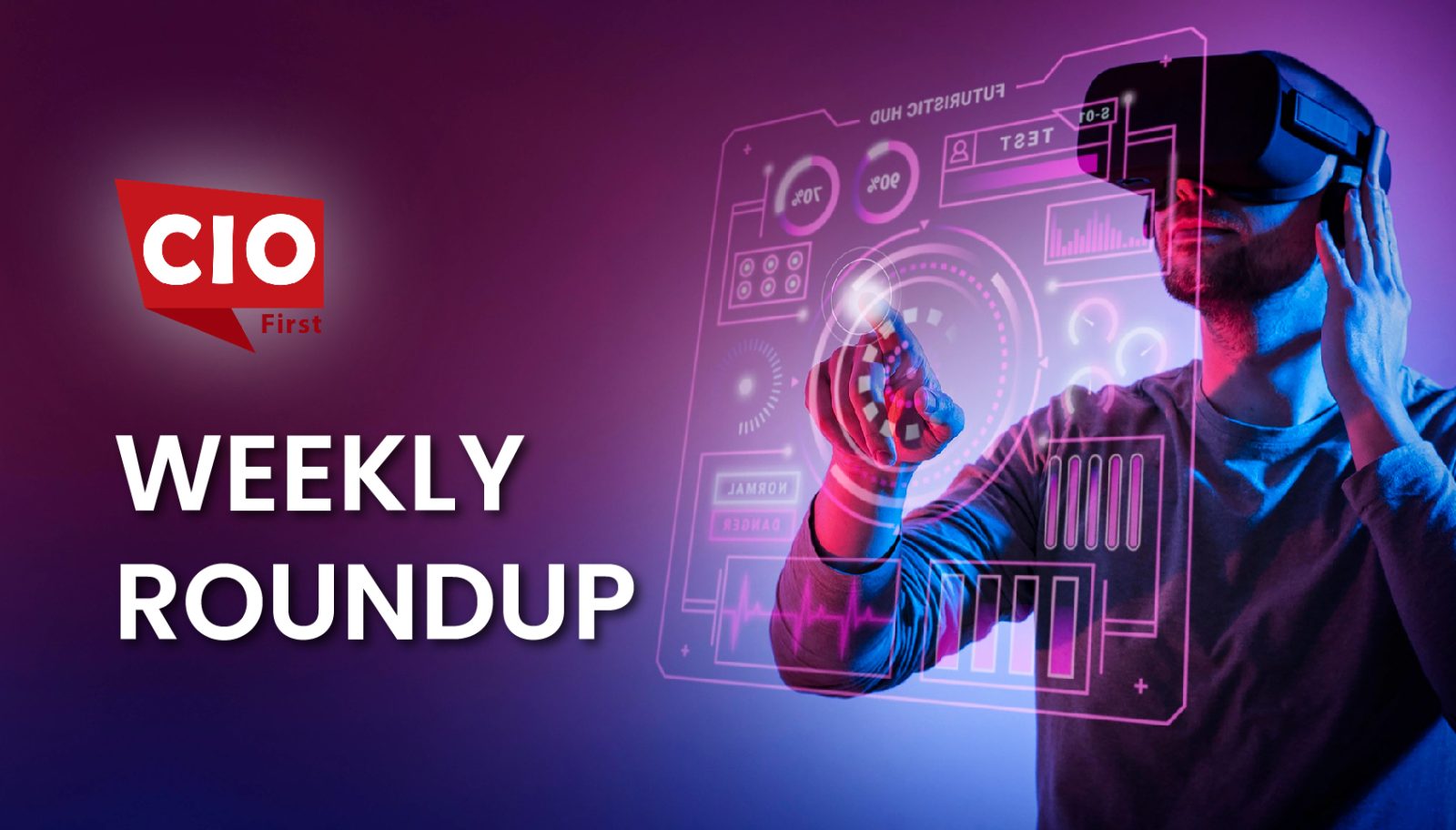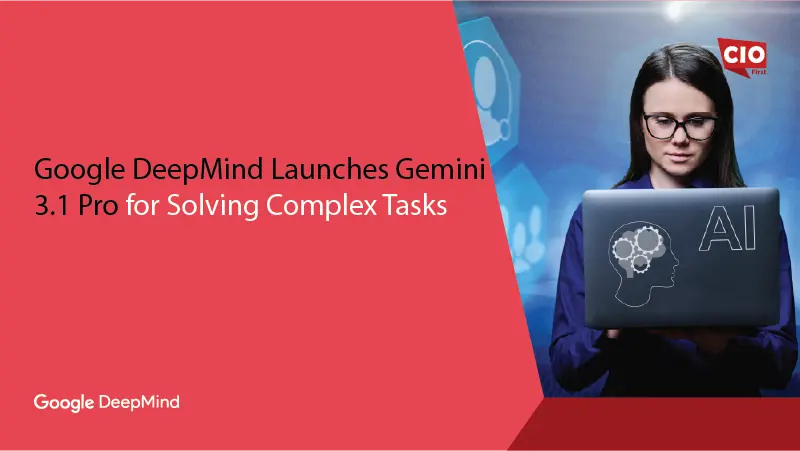Atropos Health, leader in evidence generation for healthcare, announced the launch of the Geneva OS™(Generative Evidence Acceleration Operating System) and the ChatRWD™ (Real World Data) application, the first Generative AI application incorporating direct Chat-to-Database capability, to help healthcare and life science leaders advance and accelerate evidence generation. The new offering will enable non technical users to generate publication grade Observational Research studies leveraging deidentified patient level real world data from the Atropos Evidence Network in a matter of minutes, saving organizations valuable time, money, and staffing resources.
“Evidence generation is the key to improving care and outcomes. The Geneva OS represents a critical infrastructure layer for the healthcare ecosystem that can rapidly, accurately, and transparently convert healthcare data into personalized evidence,” said Brigham Hyde, Co-Founder and CEO of Atropos Health. “In addition, our ChatRWD user application represents an evolutionary jump in the speed and user experience by which evidence can be generated. Building on the core technology behind our Green Button Informatics Consult Service, users can now generate publication grade Real World Evidence from hundreds of millions of patients’ deidentified medical records in minutes.”
Atropos Health’s Geneva OS and ChatRWD application were designed with clinicians, researchers, and drug developers in mind, to close the global evidence gap while accelerating study and decision-making timelines. Users can now access Geneva OS and ChatRWD alongside Atropos’ existing evidence solutions the Green Button Informatics Consult Service, Atropos Evidence Network, and Atropos Evidence Library.
Also Read : Creality and BASF Forward AM Merge to Develop Professional-grade 3d Printing Solutions
The launch of Geneva OS and ChatRWD comes at the same time as healthcare and life science leaders grapple with the safety and ethics of leveraging generative AI. They are right to be concerned; one study published by Stanford’s Human-Centered AI Institute as well as covered in Forbes and the New York Times found that when 64 real point-of-care questions were posed to GPT3.5 and GPT4, the responses were not deemed consistently credible. Clinicians could not decide if the generated response agreed with or contradicted established literature nearly 50% of the time. Unlike ChatGPT, whose responses solely rely on information from the internet content on which it was trained, ChatRWD responses additionally rely on existing proprietary technology already used in the Green Button Informatics Consult Service, and leverages real world data from Atropos Evidence Network.
“There is much excitement among the medical community about how chatbots and large language models can be used to advance medicine, but general-purpose applications of these emerging technologies are not exposed to medical records and not intended for medical tasks,” said Dr. Nigam H. Shah, MBBS, PhD, Professor of Medicine at Stanford University and Chief Data Scientist for Stanford Health Care. “Atropos’ usage of language models is in the right context, in the sense that the evidence is still generated by established statistical methods applied to de-identified medical records. It is the interaction with the evidence generation process that is taken over by a language model, driving a simple chat interaction.”
SOURCE : BusinessWire

























Không cần lo lắng về việc bị chặn truy cập! 888slot đã thiết lập hệ thống đại lý chính thức tại Việt Nam, cung cấp đường link vào ổn định, an toàn và luôn hoạt động 24/7 – bạn chỉ cần click là vào được ngay. TONY01-06S